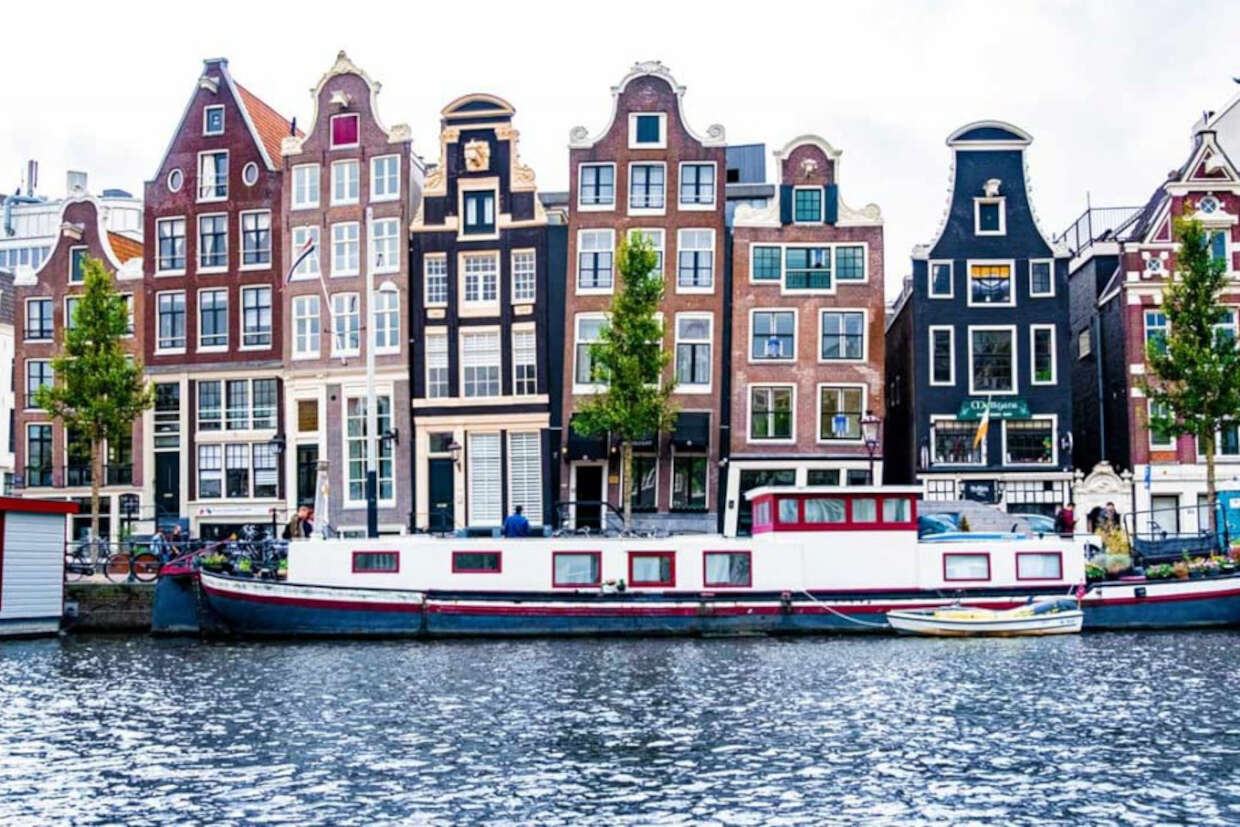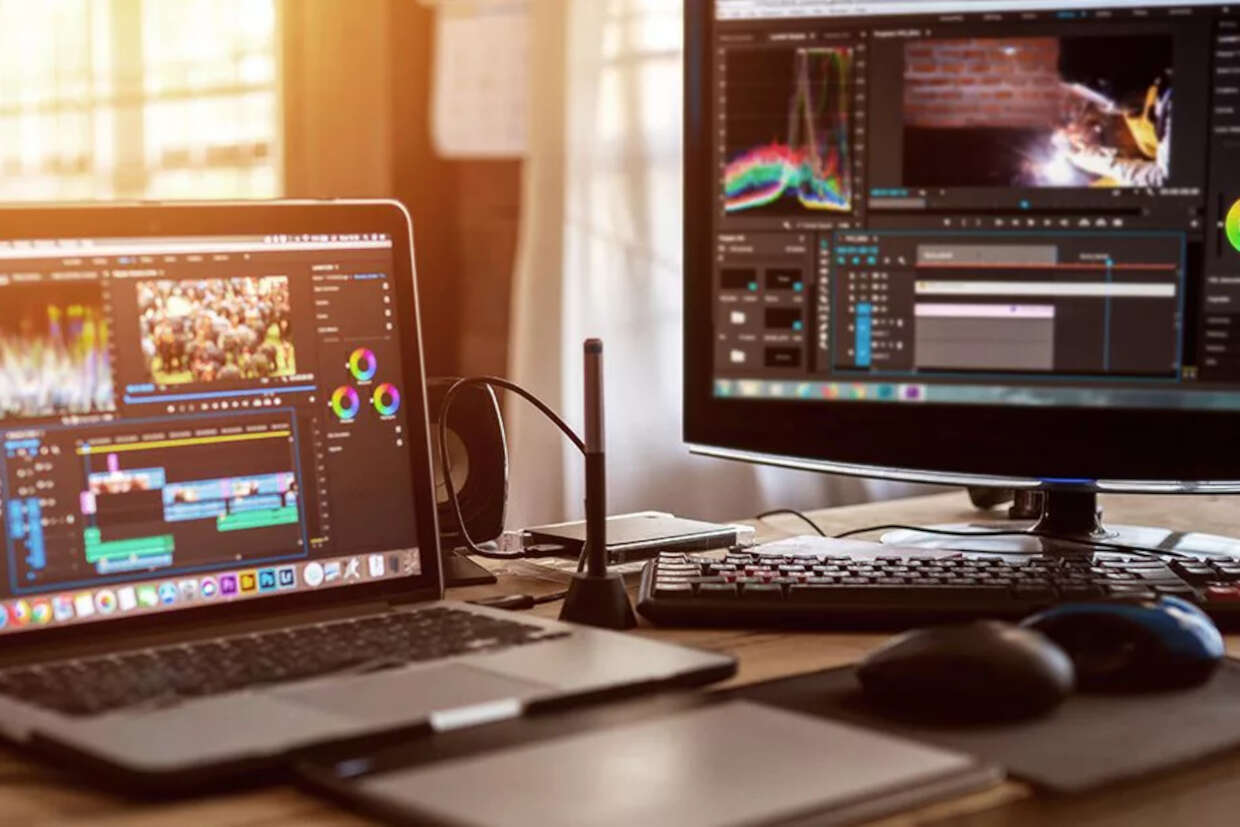Broadcast and media partners have never been more important from the point of view of a media rights holder - for many, they are their main revenue stream. One well known example is the Union of European Football Associations (UEFA), which received 85% of its revenue from broadcasters in 2018/2019, a figure that is highly likely to have increased in the intervening years.
In the US, Major League Soccer recently put its entire rights catalogue up for auction, seeking a major new media deal that could be worth $300 million annually. While WTA Media is a joint venture between the Women’s Tennis Association and DAZN to deliver 50 tennis events to broadcasters around the world. It’s the biggest deal in women’s sport, worth half a billion dollars.
These are huge numbers and they illustrate just how vital the relationship can be from the perspective of a rights holder. It’s a valuation that cuts both ways, of course. Broadcasters and media partners are increasingly tech-savvy. They expect an instant and robust content delivery experience. And while they are aware of the challenges that come with working at scale, they won’t tolerate inefficiencies and poor quality of service.
In short: rights holders need to be at the top of their game, delivering the right content, in the right place, and at the right time.
The right content - better than ever
The journey always starts with content and, with the rise of digital platforms and the need to add extra value, it has never been more demanding to get that content right. While simply setting up the right camera angles to capture the key moments of an event might once have been the primary concern, now it’s just the tip of the iceberg.
Delivering value-add on top of core content is absolutely vital, which means that the entire process, from camera lens to delivery workflows, needs to be digital first. This begins with technologies such as SRT (Secure Reliable Transport), which ensures that raw video streams are optimised and retain their high-quality, irrespective of the host network speed. This is a must for live or mobile events that have to interface with variable local network capacities and qualities, which may be on the other side of the world to the broadcast and media partner operations.
Similarly, live ingest via the popular Real-Time Messaging Protocol (RTMP) ensures broad compatibility and support from most industry platforms. In Imagen Pro, for example, a live feed with a valid RTMP path can be set up as an Imagen record, which can then be watched, archived, logged, found in a search, collected, clipped and/or shared across social media channels.
The right place - big data, faster
Accessibility requirements are a theme that now needs to run throughout the rightsholder-to-broadcast/media partner value chain. The power of metadata cannot be understated or underestimated in this regard. Metadata can, for example, speed up previously laborious tasks. Why search manually through a half-hour interview to find the one sentence you want to quote, when an AI-powered search can find it in seconds?
Descriptive metadata isn’t just useful for searching for text. Timestamps can be used to describe segments of a video or audio asset. On-screen spatial annotations can highlight/tag people in a photograph. With content analysis tools that support features such as face/object recognition, shot detection, and speech-to-text, metadata creation can be automated, simplifying the process of describing your media.
An interesting example is the Bundesliga’s initiative to provide real-time match data on the likelihood of a goal being scored from a set piece, accompanied by data-driven ‘skill’ ratings for the league’s top players for its app users. This AI-powered, deeper dataset is an interesting example of the power of metadata as it relies on accurate player identification via facial recognition and face tracking.

AI workflows reduce costs and save time
Create searchable metadata with a range of AI tools
WTA Media needed an intuitive platform that could quickly scale to meet demand. A key benefit for the international sports media company is the detailed metadata tagging that Imagen Pro provides alongside fast and intuitive search, and the ability to curate collections of content. These features enable broadcast partners to easily find programming, interviews, magazine show content, idents, and more.
“With the Imagen portal, [broadcasters] can type in exactly what they require,” says Louise Lawler, Head of Content at WTA Media. “The search engine does the work for them, they get the files they need within minutes. For our Japanese broadcaster, for example, whose main interest is [Naomi] Osaka, they can type her name into the search engine and pull up all the content related to her, rather than having to sit through [everything]. And from our perspective, it’s made delivering content so much easier.”
The ability to save popular or regular searches performed in the Imagen platform also helps users find what they need, fast - subscribers can choose to be notified by email if new content that matches a search is added. Similarly, there are also significant time-saving and workflow streamlining benefits to be realised via granular permissions, which ensure that different partners can find exactly the content they need and have the rights to use it. A media asset management platform prioritises convenience, so partners can avoid foraging around and checking licensing agreements before using a clip, short or longer-form video item.
The right time - delivery at scale and pace
Of course, even with impeccable quality content that has been sliced, diced and segmented beautifully, there is the timeliness element to consider. Broadcasters in particular require quality content in real time, and media partners are no less keen on immediacy. The secret to ensuring seamless delivery to key partners and broadcasters is to take advantage of automated delivery workflows. Accelerated File Delivery, for example, is Imagen’s solution to this - a high-speed file transfer service that allows some of the world’s biggest media companies to securely distribute broadcast quality files at speed.
Apart from secure encryption and accelerated delivery capabilities, another core benefit of AFD is that it is fully optimised for cloud storage. This means that it works natively with public cloud storage accounts such as Microsoft Azure Blob Storage or AWS S3, among others. The scalability is derived from the cloud storage vendor, so it is transparently elastic, which means no additional licensing or configuration is required to ensure that customers get their files fast, efficiently and professionally.

The need for speed
AFD (Accelerated File Delivery) is Imagen’s high-speed file transfer service
An often-forgotten component in this equation is cloud storage. As well as facilitating technologies such as AFD and providing essentially infinite scalability and distribution capacity, cloud storage also reduces risk. The risk of lost or forgotten content, stored locally then mislaid, as well as the risk of capacity demand spikes outstripping supply.
As a specialist arm of IMG Media, the world’s largest independent producer and distributor of sports programming, IMG Replay is the largest dedicated sports archive in the world. Using Imagen as a single cloud-based repository allows both IMG Replay staff and external clients to access assets whenever they need to and without compromising performance. “Imagen's platform is our shop window to the world,” says Tom Barnes - Vice President Global, IMG Replay. “It enables us to license our rights holders' content more efficiently.”
The right media management platform
Imagen Pro is a powerful, highly customisable digital media management platform that enables sports, media and enterprise organisations to connect customers to the content they need – at the fastest speeds. Contact us for more information.




